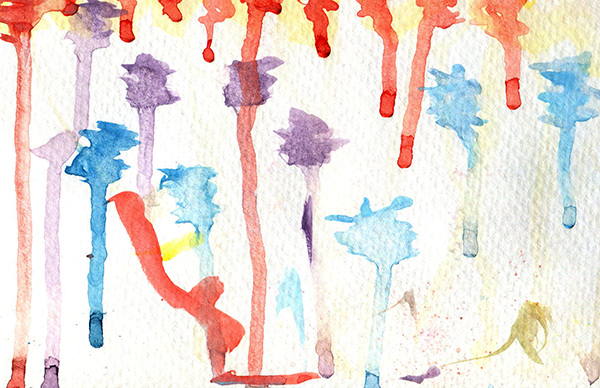Earlier this month, I took a look around the blogosphere for posts about forgiveness. Rev. Deb Koster used a phrase that got me thinking. “Forgiveness,” she wrote, “is letting go of being defined as a victim.”
The overarching theme of her post invites us to see the situation through God’s eyes, with humans being “broken, small, and acting out of their own hurts and dysfunction” but at the same time “image bearers of God.”
What do her words have to say to those of us dealing with illness?
It’s not our fault that we are ill, but otherwise-caring people sometimes make us feel like it is. It’s not often as straightforward as the biblical “who sinned, this man or his parents?” (John 9:2) These days, we are more likely judged for lifestyle choices like eating too much fat or smoking. Perhaps we just feel an uncomfortable sense that if we only had lived a more perfectly healthy life, we wouldn’t be sick.
When we are ill, we need to forgive ourselves. Sometimes we need to forgive those around us for making insensitive comments. Other times, we need to forgive doctors, other healthcare providers, or caregivers for making our lives seem more difficult than we think we deserve. When we are ill, there are ample invitations to practice forgiveness.
If we have stored feelings of anger and resentment-it puts us in fight-or-flight mode, which results in changes such as higher heart rate, blood pressure and lower immune response. Those changes increase the risk of depression, heart disease, and diabetes, compounding the problem.
Forgiveness calms stress levels, leading to improved health, say the folks at The Johns Hopkins Hospital. They go on to suggest steps to make forgiveness part of your life.
Simply put, we need to remember that no one – and no life situation – is perfect, decide to forgive, and take action to “seal” the decision. Actions they suggest include writing about the situation in your journal or talking about it with a trustworthy friend.
Whether you are ill or not, forgiveness and the release and freedom it brings will improve your physical and mental health. Taking responsibility for our own forgiveness practice, we take responsibility for our lives, release any sense of victimhood, and take action to enhance our well-being.
In your journal:
- Do you feel guilty or angry about being ill?
- Do you feel like a victim?
- Write about a situation calling for forgiveness.
- What actions could you take to demonstrate forgiveness?

